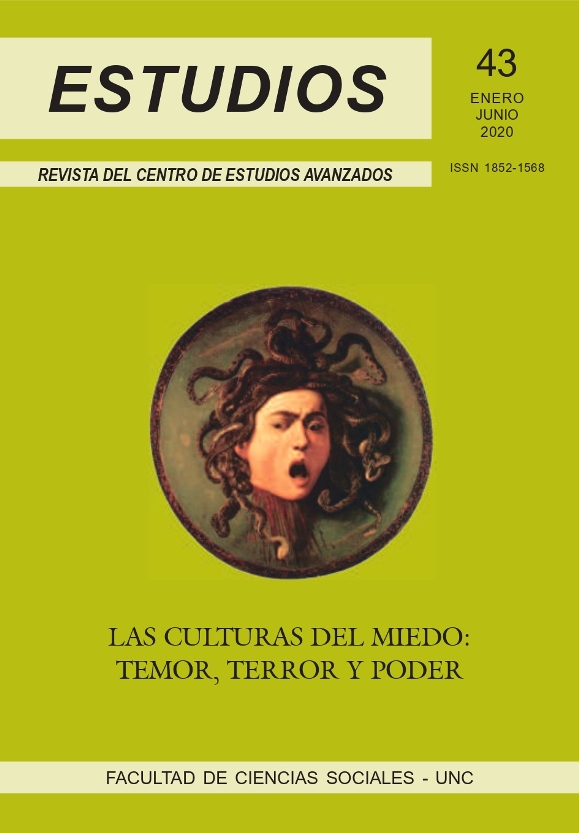Migration and ‘Culture of Fear’: A Socio-Semiotic Study
DOI:
https://doi.org/10.31050/re.vi43.27951Abstract
Recently, migratory movements - particularly those involving large numbers of people who have come to Europe seeking to become refugees - have given rise to a kind of social discourse associated with "populist nationalism". At times this type of discourse, by generalizing and normalizing at the social level, has given rise to the emergence of a "culture of fear" which, as an articulated system of meaning and significance, can be examined from a sociosemiotic perspective, paying special attention to perceptive and interpretative processes supported by the imaginary dichotomy between a "we" and a "they" that occur both individually and collectively. This article examines the "culture of fear" that emerges around cultural diversity -specifically associated with migration- from such a theoretical perspective, in order to make a contribution both to the literature on cultures of fear, as well as to the debate on the risks their propagation and normalization pose to democratic societies.
Downloads
Published
Versions
- 2020-08-12 (2)
- 2020-03-17 (1)
Issue
Section
License
Aquellos autores/as que publiquen en esta revista, aceptan los términos siguientes:- Los autores/as conservarán sus derechos de autor y garantizarán a la revista el derecho de primera publicación de su obra, el cual estará simultáneamente sujeto a la Licencia Creative Commons Atribución-NoComercial 4.0 Internacional que permite a terceros compartir la obra siempre que se indique su autor y su primera publicación esta revista.
- Los autores/as podrán adoptar otros acuerdos de licencia no exclusiva de distribución de la versión de la obra publicada (p. ej.: depositarla en un archivo telemático institucional o publicarla en un volumen monográfico) siempre que se indique la publicación inicial en esta revista.
- Se permite y recomienda a los autores/as difundir su obra a través de Internet (p. ej.: en archivos telemáticos institucionales o en su página web) luego del proceso de envío, lo cual puede producir intercambios interesantes y aumentar las citas de la obra publicada. (Véase El efecto del acceso abierto).












